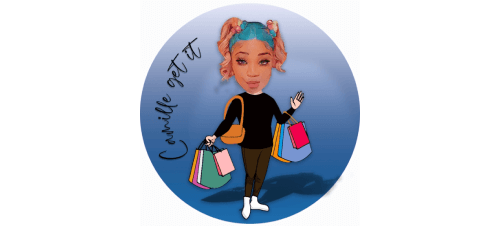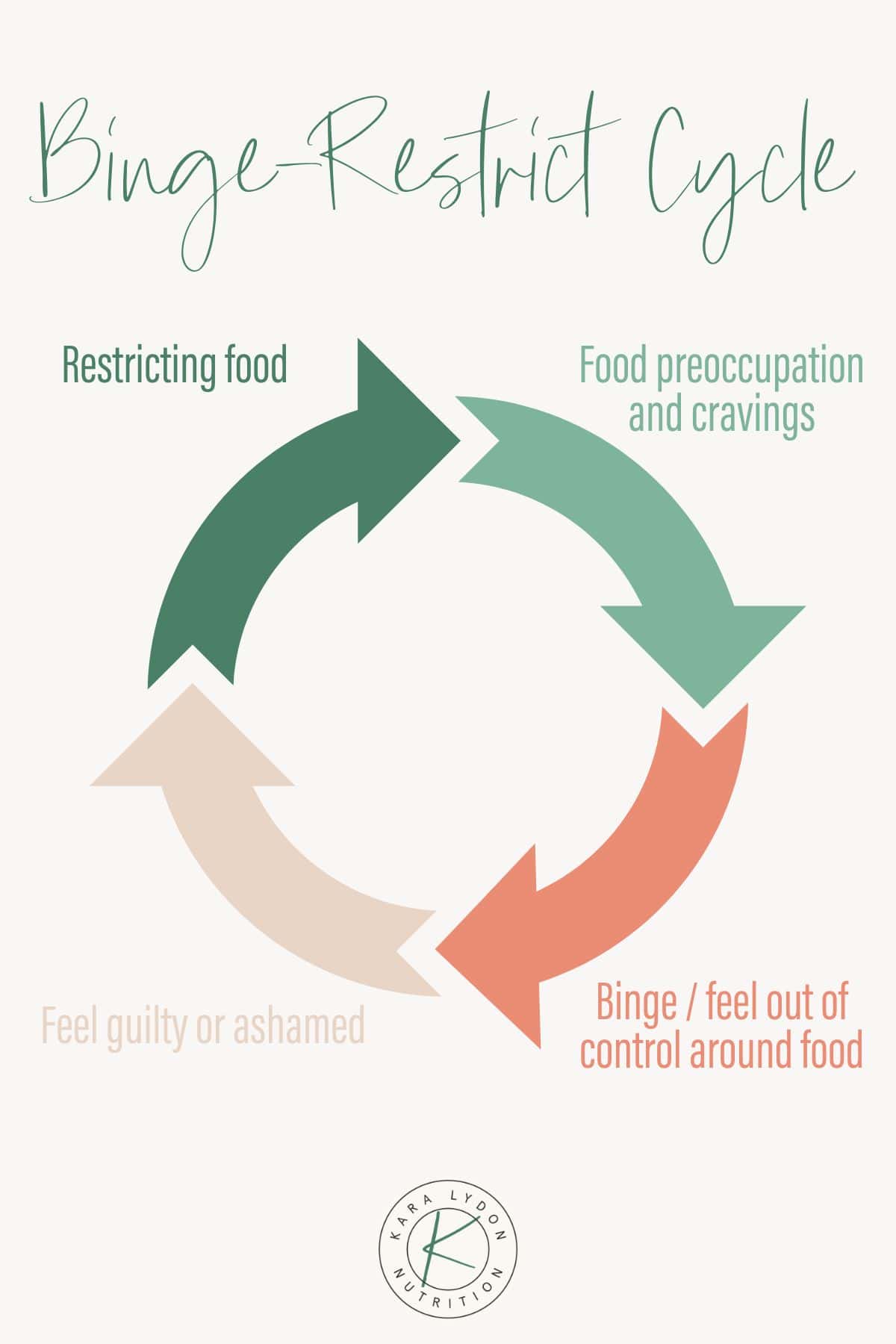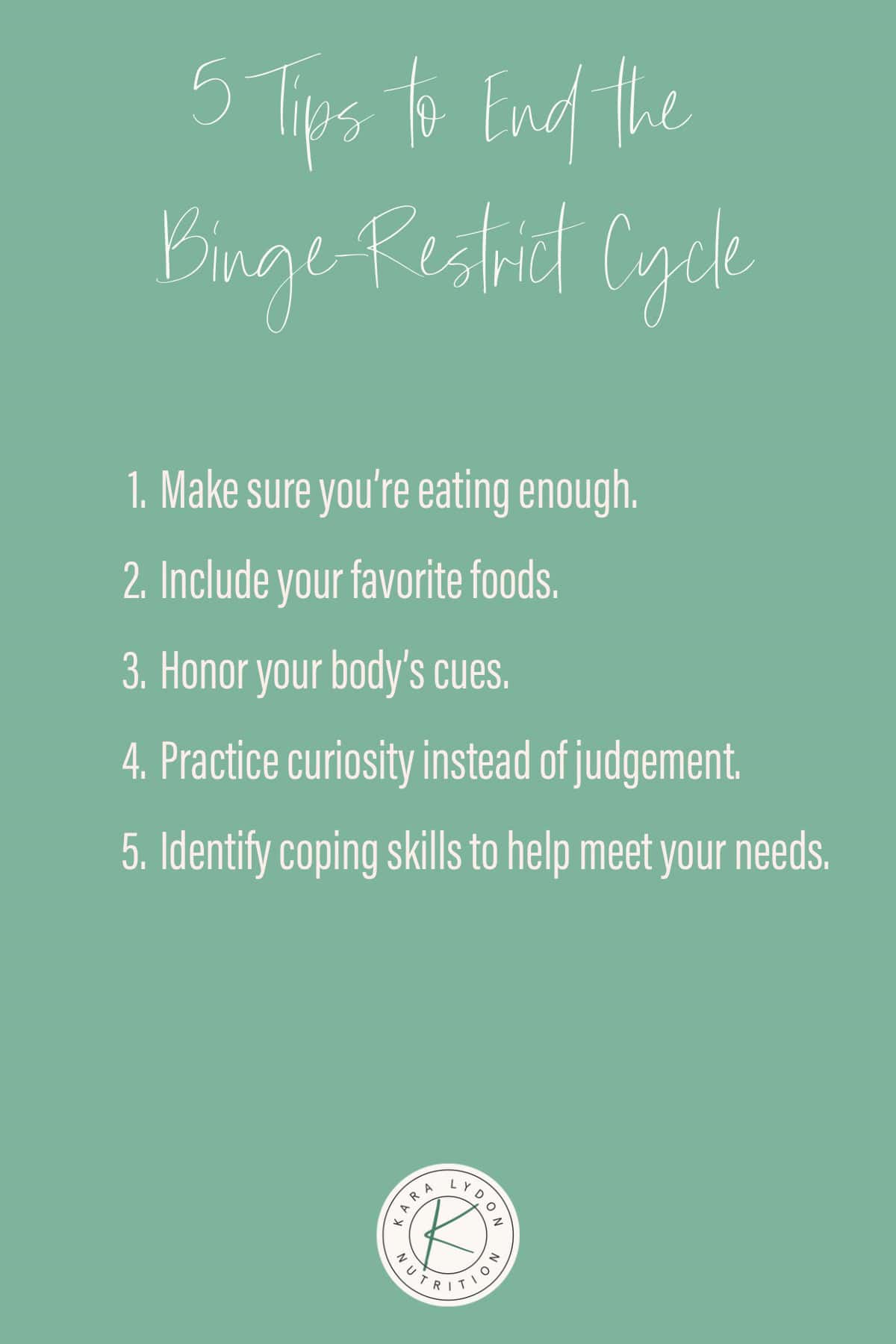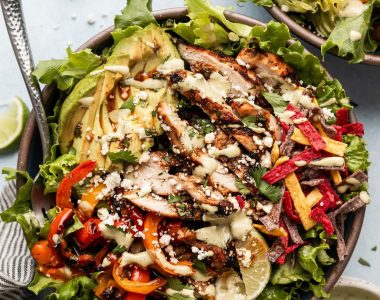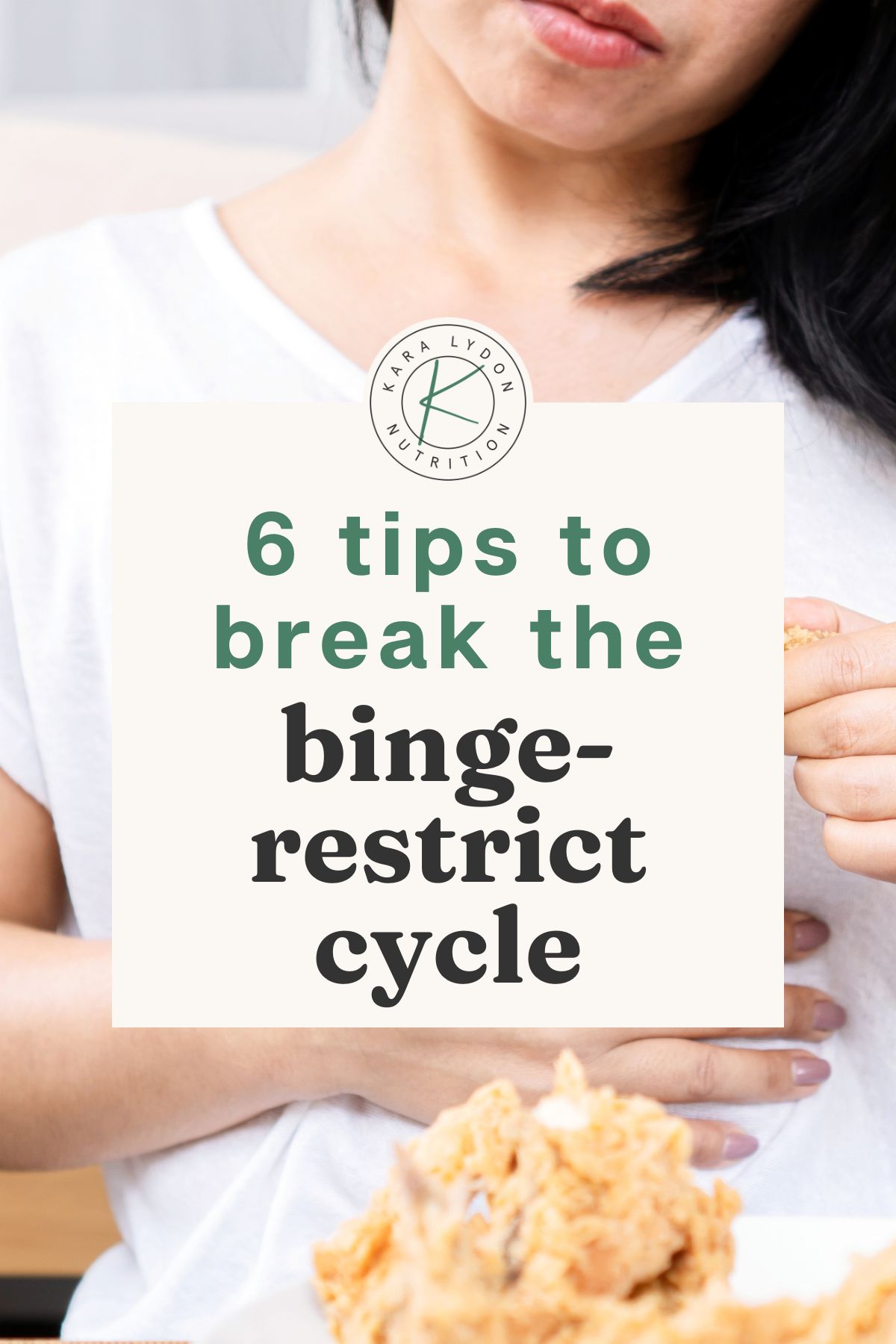
Stuck in a never-ending cycle of dieting, feeling out of control around food, and shame? You might be caught in the binge-restrict cycle. Learn what the cycle is, the science behind it, and five tips to break free from it.
What is the Binge-Restrict Cycle?
The binge-restrict cycle occurs when a person oscillates between restricting food and binging or overeating food to a point of discomfort. Often folks who have been dieting and restricting their food intake find themselves in this cycle.
We can think of this cycle having four steps:
1. Restricting food
Maybe you’ve been on a diet for a while or maybe you recently started a new diet. You’ve been cutting back on portion sizes and tracking your calories on an app. You’re eating significantly less than you used to and maybe you feel a sense of pride around that (because our culture says you’re morally good for “watching” what you eat).
2. Food preoccupation and cravings
Now you’ve been restricting for some time and you start to notice you can’t stop thinking about food. You’re constantly wondering when your next meal is going to be and you’re ruminating on what you should choose to eat. It’s hard to focus on other things because you’re so preoccupied with thoughts about food.
You also start to notice intense cravings for food, specifically carbohydrates. It becomes harder and harder to ignore them because the cravings are so loud.
3. Binge / feel out of control around food
With the cravings being so intense and your body being so deprived of energy, you wind up binging or overeating to the point of physical discomfort. It feels like such a release (and relief!) while you are eating and maybe you experience a bit of a high during.
4. Feel guilty or ashamed
After you binge, you feel so guilty and ashamed of yourself. You start beating yourself up for not having more “willpower” or “discipline”. You promise yourself you will “get back on track” tomorrow and be really strict with food to make up for it.
What is restriction?
Restriction looks like limiting your food intake in some way. Here are some examples of behaviors that would fall in line with restriction:
counting calories
cutting out food groups
depriving self of favorite foods
watching or limiting portion sizes
skipping meals
mental restriction, aka labeling a certain food as bad and feeling guilty for eating it
What is a binge?
According to the Diagnostic and Statistical Manual of Mental Disorders-5 (aka the DSM-5), which has its own limitations and is not very inclusive, an episode of binge eating is characterized by both of the following:
Eating, in a discrete period of time (e.g., within any 2-hour period), an amount of food that is definitely larger than most people would eat in a similar period of time under similar circumstances
The sense of lack of control over eating during the episode (e.g., a feeling that one cannot stop eating or control what or how much one is eating)
A binge-eating episode is associated with three (or more) of the following:
Eating much more rapidly than normal
Eating until feeling uncomfortably full
Eating large amounts of food when not feeling physically hungry
Eating alone because of being embarrassed by how much one is eating
Feeling disgusted with oneself, depressed, or very guilty after overeating
If you don’t meet the criteria listed above, that doesn’t mean your experience is any less valid or important. If you are overeating and it’s causing you distress, you can still find yourself in this cycle oscillating between restriction and overeating.
The science behind this cycle
Why do you crave carbs so intensely while restricting? You’re not doing anything wrong. It’s not a moral failure. It’s actually a physiological adaptation to starvation.
When you restrict food intake, your body will go through a number of physiological adaptations to help you survive and maintain homeostasis (or balance). These adaptations may include increasing the hunger hormone, ghrelin, lowering your metabolism, and releasing a chemical called neuropeptide Y (NPY).
NPY is secreted by your brain and increases your motivation to eat, delays satiety, and simulates food intake with a preference for carbs. Because NPY delays satiety you may feel like you can eat a lot of carbohydrate foods at once, which can feel like a binge.
But this is not an issue of control. It is an evolutionary survival mechanism. Our bodies are wired to try to survive famines and food shortages. They don’t know the difference between a famine and a diet.
Research has also shown that restricted access to food and even the anticipation of restriction is more likely to lead to binge-like behaviors. One study showed that when restrained eaters were told that they would begin a week-long, low-calorie diet starting immediately after their participation in a cookie taste-rating task, they ate more cookies than the unrestrained eaters and the restrained eaters not asked to diet afterwards.
5 Tips to End the Cycle
1. Make sure you’re eating enough.
It’s rare that binging will occur without any restriction or deprivation; therefore, the antidote to binging is eating enough and nourishing yourself adequately. Make sure you are eating regularly and consistently, ideally every 3-4 hours.
Ensure that your meals and snacks include a source of carbohydrate, protein, and fat. Choose foods that help keep you satiated and satisfied.
2. Include your favorite foods.
Research shows us that deprivation of certain foods can heighten your pleasure response to them, making you more susceptible to a binge. Even if you are eating adequately, if you are still avoiding certain foods, you are still restricting.
Give yourself permission to include your favorite foods in your day-to-day eating. Incorporating them into your day can help to take them off the forbidden food pedestal and make them feel more neutral.
3. Honor your body’s cues.
Begin to familiarize yourself with what hunger feels like in your body. Does it show up as growling in your abdomen or fatigue or irritability? There are many ways hunger can show up in your body – to learn more check out my post on Am I Hungry? Signs of Hunger to Watch for.
Honor your hunger cues by feeding your body when it speaks to you. Don’t wait to eat until your diet plan says it’s time or you’re starving. Honor your hunger when you’re noticing gentle hunger signs on the hunger fullness scale.
4. Practice curiosity instead of judgment.
What do binge episodes bring up for you? Often times they are followed by a lot of judgment, shame and guilt. These feelings, although very human, don’t serve you and don’t inspire change.
See if you can practice bringing a spirit of curiosity following a binge. Can you ask yourself how you were feeling physically, emotionally, and energetically before the binge? Was there a trigger? Did you eat enough earlier in the day? Can you get curious about what you may have been needing in that moment before the binge?
5. Identify coping skills to help meet your needs.
Curiosity can help you to identify your needs in the moment. Typically there is a physiological need (more food!) and often times there can be an emotional need too. Ask yourself what is it that I really need at this moment?
Are you seeking relaxation?
Do you need connection?
Do you need soothing or comfort?
Are you looking for spaciousness?
Do you need a sense of pleasure or enjoyment?
If you are able to identify a need, see if there are ways you might be able to meet that need outside of food.
If you’re seeking relaxation, maybe you take a nap, or lay on the couch and read a book or watch TV.
If you need connection, maybe you call a friend or ask a partner for a hug.
If you need soothing or comfort, maybe you take a warm bath, light some candles, play relaxing music, or try some self-massage.
If you’re looking for spaciousness, maybe you go for a walk by yourself to a quiet spot or you ask your family for some alone time.
If you need a sense of pleasure or enjoyment, maybe you go dancing or go to a concert.
If you are stuck in the binge restrict cycle, you may meet the criteria for Other Specified Feeding and Eating Disorder (OSFED). To learn more about warning signs of an eating disorder and for resources on eating disorders, check out my post 6 Warning Signs of an Eating Disorder.
Even if you don’t meet the criteria for OSFED and you’re struggling with this cycle, you deserve help and support. Our team of non-diet, weight-inclusive dietitians are ready to help you on your journey to food peace and freedom.
For more blog posts like this check out:
What is the hunger fullness scale?
The Science on Dieting and Weight Loss
Am I Eating Enough? 8 Signs You’re Undereating
Am I hungry? Signs of hunger to watch for
